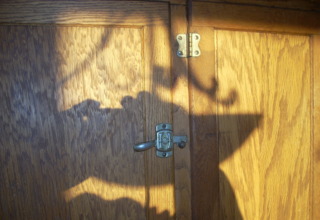
Creating the Norms
While some level of trust (based on competence, intentions and shared perspectives) has been established during the second stage, a much deeper and abiding sense of trust must be established at this third stage. Trust at this level is reaffirmed and sustained by the consistent patterns of behavior that are to be found among potential Team members. The following behaviors are some of those that can tend to “bust” trust in a group:
- Passing the “buck” (someone not taking responsibility when they should)
- Triangulating (discussing matters with members other than the member concerned)
- Over-promising or breaking promises
- Taking credit (when someone else deserves it)
- Resisting constructive feedback
- Withholding information
- Betraying confidences
- Being complacent
On the other hand, the following behaviors are some of those that tend to build trust:
- Being accountable
- Communicating directly
- Under promising and over delivering
- Giving or sharing credit generously and appropriately
- Asking for feedback and incorporating it in action
- Sharing information
- Keeping confidences
- Consistently striving to improve one’s own performance
During this third stage of group development, as it moves toward becoming a functioning Team, we often recommend that the group become explicit about the behavioral norms it wishes to engage and enforce. Here is a leadership team’s example Agreement for Trust and Safety:
Commitment for Execution, Accountability, Trust and Openness
- We will not make assumptions about each other’s motives or perspectives
- We will listen completely with courtesy and respect
- We will take joint ownership for the Team’s successes and failures
- We will each attempt to show up as our “best person”
- We will be generous towards each other
- We will give each other the space to speak and the space to reflect
- We will replace judgement with curiosity
As a group becomes truly functional with trust and safety assured – or at least affirmed—it is ready to become a Team and move to Tuckman’s fourth stage.
Download Article












